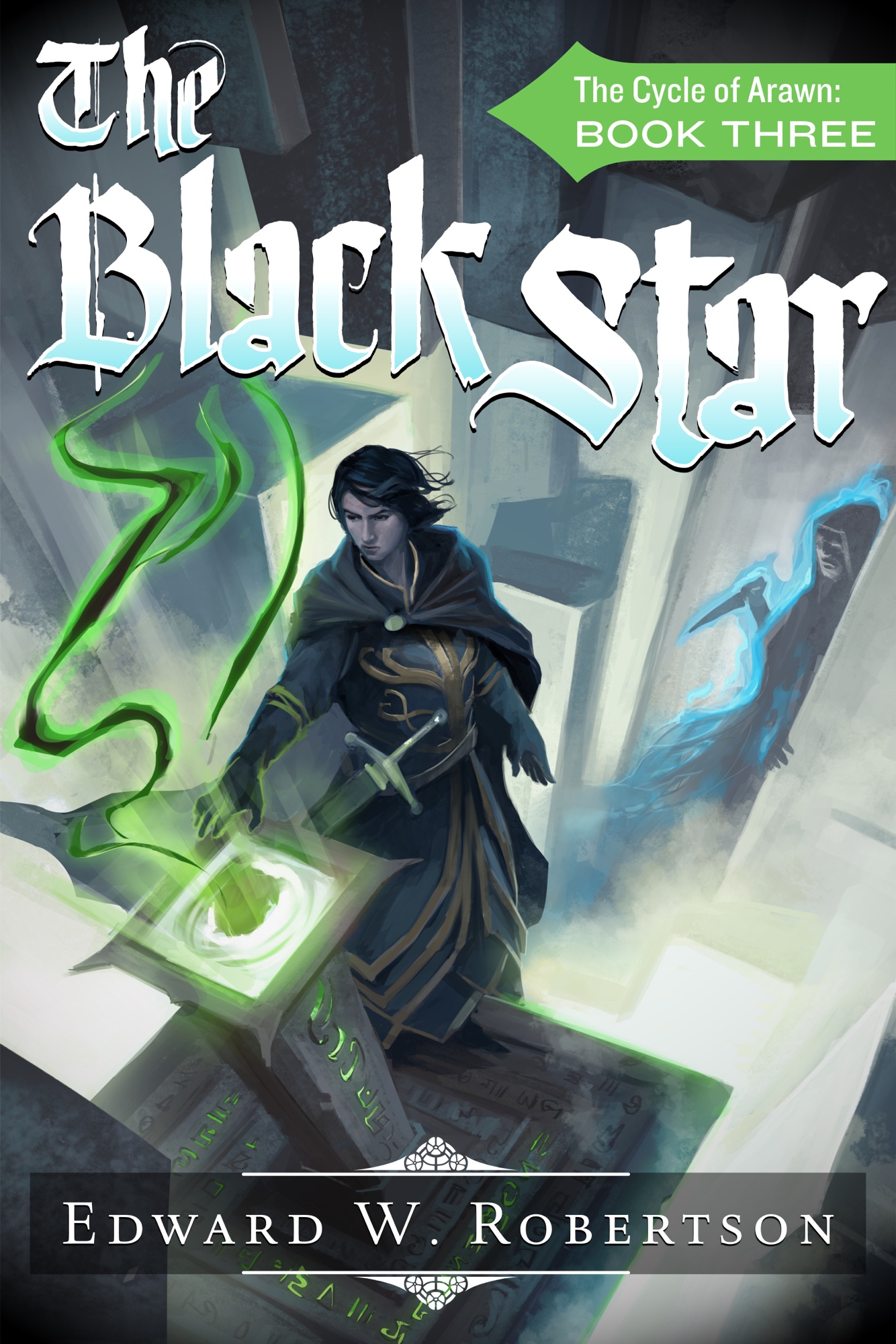After yet another draft of the first chapter–a half-draft, really, maybe even draft 5.1; all I did was brush up two scenes which have stubbornly resisted all my prior attempts to make them good–I gave it yet another read, and at the end of those first eleven pages, I was troubled by a feeling I couldn’t place.
On further reflection, it turned out I liked it. Chapter One, I felt, had finally become Chapter Pretty Fucking Good. This, after giving long and serious consideration to chopping it down and turning it into a prologue, or just deleting it altogether and squeezing it into a paragraph of exposition in chapter two. Ultimately, I did neither–there’s some plot-critical info there, and though I think the book gets stronger once the secondary character shows up in chapter two, the contrast of the main character’s existence before he has this friend is an important part of the greater meaning of the book. Hmm, excuse me a moment; I appear to have a lump of pretension stuck in my throat.
Much better. Long story short: I’m so (probably unreasonably, certainly temporarily) satisfied with the work that I’m starting to submit it in earnest. In the agents search, two things pop out at me: 1) lots of agents are accepting e-queries these days, and 2) many of them want to see nothing but the one-page query letter–no synopses or writing samples except by request.
1) is mostly a positive. I like paper submissions, I think they’re tangible and thus less dismissable than email, if only infinitesimally so, but on the other hand, e-queries save postage and paper, and most importantly of all, they shave a week or more from the response time.
It turns out waiting is one of the most important skills of the professional writer, probably but not necessarily ranked just after a) the ability to write well and b) the ability to revise. It is also far and away the most odious and nerve-wracking part of the business. Also, in case of the ever-present threat of rejection, it just delays you from sending it on to someone who might appreciate it more. Anything to shave down the wait-time is to be highly esteemed, if not worshiped outright.
2) One page queries–no sir, I don’t like them. So far, I’m 2/2 on parlaying one pagers into requests for partial manuscripts (neither of which I’ve heard back on yet, despite one being out since mid-January; yay, waiting), and I understand an agent can tell a lot from the 200-300 words that go into a query, but man, query letters are like the exact opposite of fiction.
Query letters are pure exposition, total infodump. The totality of your book and who you are as a writer must somehow be compressed into a teeny tiny fraction of either. Good fiction, obviously, is about relaying information in ways that feel naturalistic and subtle–as the subtext in dialogue, as a vague, fleeting reference in the middle of a scene, as a feeling that emerges despite never being mentioned. Any scene in a novel that in any way resembled the naked exposition of a query letter would be laughed at, scorned, then laughed at some more–and rightly so.
Also, the need to just crank all that information out there results in an extreme departure from my normal writing style. I kind of really doubt I’m alone in that. A competent query might let an agent know the writer can at least string coherent sentences together (and maybe that’s all it takes for them to request a partial), but it kind of rankles to think professionals are making an initial judgment of your work before they’ve seen a single word of it.
One of Miss Snark’s finest rules is “Query widely.” There’s lots of agents out there, and to paraphrase (because I forget the real phrasing) her most important rule, Good writing shines through. I have no doubt that’s true, and in defense of The System, agents are totally swamped with unrequested material of highly questionable value (to the point where “slushpile” is probably one of the most polite terms for it). The one-page initial query exists, most likely, to cut down on the time agents spend reading utter nonsensical garbage, leaving them more time to deal with the queries with potential, and also these things I hear they have called clients–you know, the guys who make them the actual money.
Still, it’s one more layer to slog through on the way from being Joe Bleats About His Wonderful and Unappreciated Manuscript All Day to being Successful and Beloved Author, Esq. (Uh, these days, apparently publishing contracts bestow law degrees, too.) It’s that much more time we have to spend on the business side, the side we really need that agent for, rather than on the actual writing.
Again, though, agents are notoriously overworked. Nobody seems to like the current system; any agent interview or blog is likely to include a passionate screed about how crummy the whole process can be. In many ways, it’s not even unfair to writers; until we’re proven commodities, maybe it is us who should have to jump through the hoops, not the agents we so feverishly desire to work with.
Really, it probably is the best and most effective system we’ve got, and the one-page query is just a way to make the best use of an agents’ minimal time. Like that dude Candide said, though, if this is the best possible world, what must the others look like?







Leave a Reply